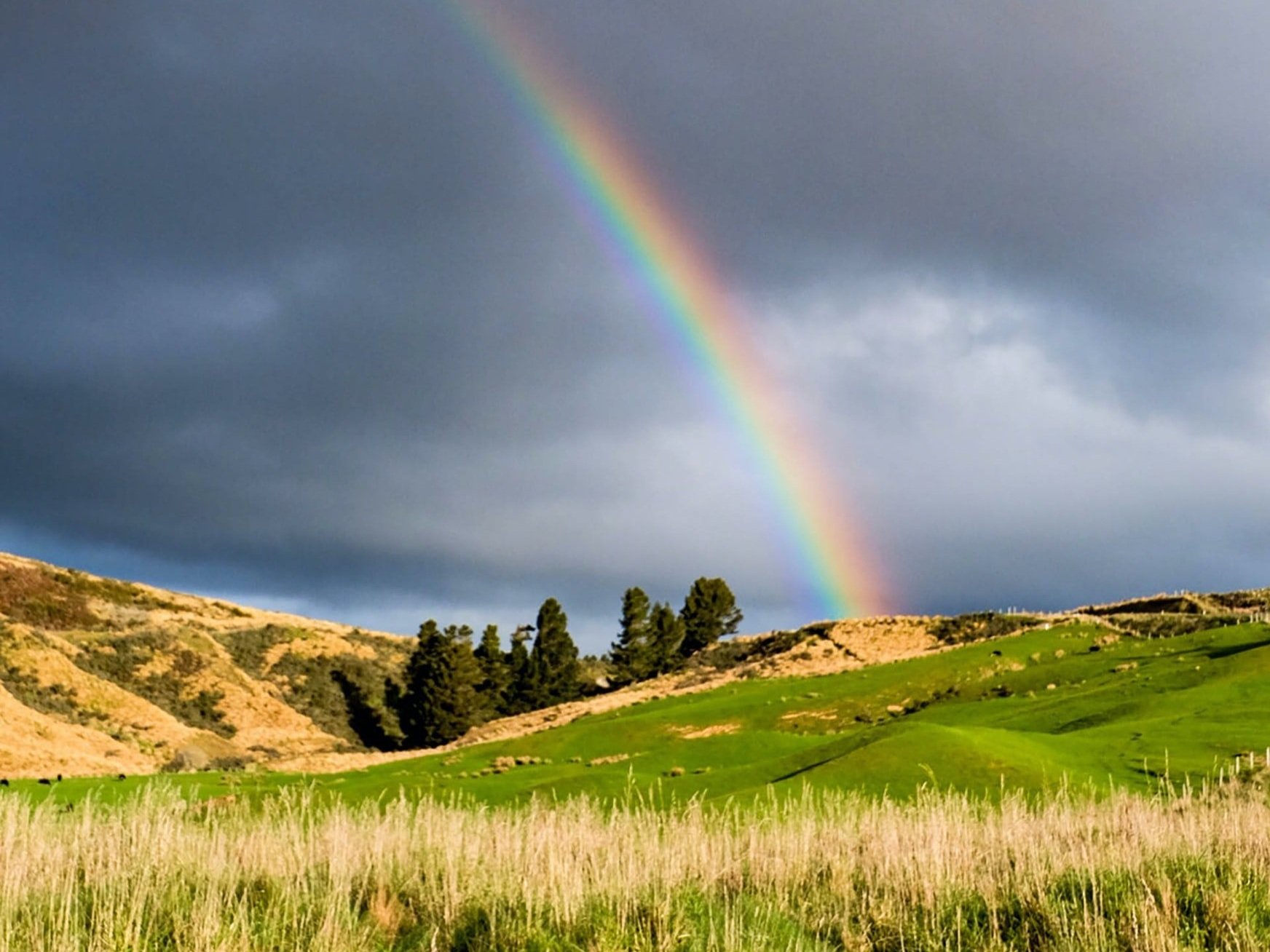
Sue’s Gift Blog
Supportive articles for the newly diagnosed, those currently in treatment, survivors, caregivers, and loved ones. Written by our Patient Services Director, Sherry Martin, a licensed clinical social worker with over 35 years of experience in the field of oncology social work.
Interactive Posts
It All Takes Time
My previous blog, Choices, addresses how we choose to respond when confronted with life’s difficult events, such as a cancer diagnosis, the end of a relationship or job, or the death of a friend or family member. The choices are to let it define us, destroy us or strengthen us. But it’s a difficult road to navigate, and it takes time.
Messages From My Flowers
I sit on my deck in the mountains watching my flowers: petunias, geraniums, daisies, moss rose, dianthus, salvia, marigolds, snapdragons, begonias, pansies, and a number of dainty Colorado blossoms whose names I don’t know. I’ve spent hours observing their beauty and patterns of behavior. I’ve learned a lot about life, and myself, from being with my flowers. Here’s what I’ve learned:
Sitting With Pain
I’ve lost track of the number of times I’ve listened to another’s story of distress, fear, or grief. Each one shared with me that when talking to someone about what they were going through, the typical response went something like this: “Well, let me tell you about…my cancer diagnosis, my cousin’s cancer diagnosis, my ex, my dysfunctional boss, my struggle with depression, my loss, etc., etc.” While I believe friends have good intentions and are trying to be supportive and helpful, the end result is usually the opposite. The person initially sharing her experience consequently doesn’t feel supported or heard and often feels discounted, typically, by a one-upmanship response. (Your experience is obviously worse than mine, so mine doesn’t count.)
Grass Or Weeds?
“Mother Nature hates a vacuum,” said Lillian, an 83-year-old breast cancer patient. “What do you mean?” I replied. “Think about it,” she said. “If you don’t plant grass, shrubs, trees, flowers, and other things that you want in your lawn, Mother Nature will fill it up with weeds.”
Black and White
Life might be easier, simpler really, if everything was categorized into, well…categories, like always/never, either/or, yes/no, up/down, good/bad, all/none, perfect/imperfect, success/failure, black/white. However, that’s not reality. Life is not that compartmentalized but is multifaceted with shades of grey and a myriad of colors and possibilities.
Asking
Why is it so hard to ask for what you need? Maybe saying “I need…” feels selfish. The traditional roles of women as nurturers and caregivers have programmed us to consider everyone else’s needs ahead of our own, so needs often go unspoken and unaddressed. That’s not unique to either gender though, as men may have unexpressed needs as well.
Negatives And Positives
I’ve never been fond of deserts, but then I don’t have much experience with them. My view of deserts is excessive heat during the day and freezing cold temps at night, no water and unusual vegetation, if there’s any at all. And then there’s the dangerous animals: rattlesnakes, bats, bobcats, vultures, Gila monsters, scorpions, tarantulas, and black widow spiders. It sends chills down my spine just thinking about those creatures. I see a lot of danger in the desert.
Past, Future, and Present
Recalling the past, we can become immobilized by nostalgia and guilt or be propelled into the future with wisdom. Looking to the future, we can fear the worst or plan and hope for the best. Being in the present moment, we can become distracted by technology and worries, or seek out gratitude, joy, and meaning and ultimately, find confidence and ourselves.
About The Author
Sherry Martin, LCSW has served as Patient Services Director at Sue's Gift for the past seven years. A licensed clinical social worker with over 35 years of experience in oncology care, she brings deep expertise and compassion to patients, survivors, and their loved ones.
She is also the author of Beginning Again: Tools for the Journey through Grief a step-by-step guide for grief support group facilitators. Based on a proven model with low attrition rates and overwhelmingly positive participant feedback, the book provides practical tools for those feeling stuck in grief or seeking guidance in their healing journey.
Throughout her career, Sherry has specialized in medical and oncology social work, with experience spanning in-patient hospitals, outpatient cancer centers, hospice, skilled nursing facilities, case management, counseling, program development, educational workshops, and group facilitation. Her work is dedicated to supporting individuals and families through the challenges of cancer, grief, and loss, helping them find resilience, connection, and hope.










